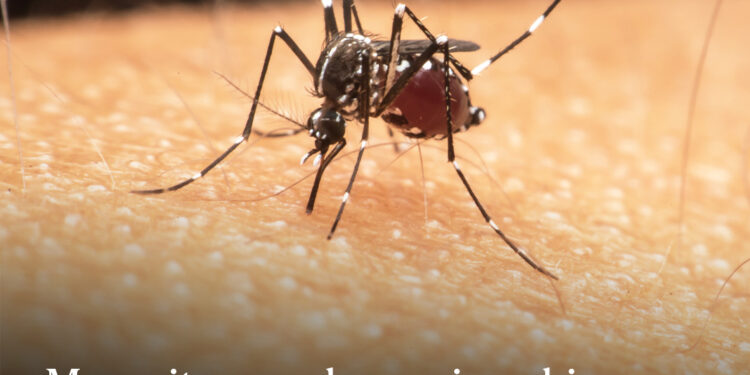To effectively manage malaria, it is crucial that travellers and healthcare practitioners adhere to the following guidelines.
Guidelines for Travelers and Healthcare Practitioners:
2. Conduct Individual Risk Assessment
Healthcare practitioners should conduct thorough individual risk assessments on travellers to ensure that the most appropriate preventive measures are recommended. Factors to consider during the assessment include the destination country and city, accommodation type, form, and time of travel as well as health status and age of the traveller.
3. Adherence and Compliance to Anti-Malaria Measures
It is important to remember that while chemoprophylactics do not provide 100% protection against malaria if taken as prescribed by healthcare professionals they reduce the risk of acquiring malaria considerably. Non-pharmaceutical measures such as repellents with at least 30% DEET and bed nets (ideally treated in insecticides) are also effective in preventing malaria.
4. THINK Malaria
Recognising the signs and symptoms of malaria is crucial in preventing severe illness. In adults, common signs and symptoms include headaches, cold shivers, sweating, and muscle pain. In children, symptoms may present as fever, lethargy, poor feeding, vomiting, diarrhea, or coughing. Healthcare practitioners are advised to be vigilant and consider the possibility of malaria in patients exhibiting the aforementioned symptoms, particularly in those with recent travel to malaria-endemic areas. Patients are urged to inform healthcare professionals of recent travel to malaria-risk areas when presenting with flu-like illness.










